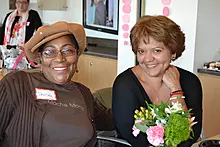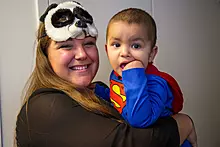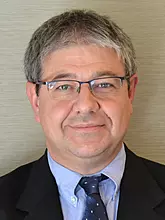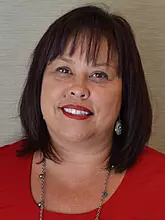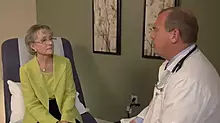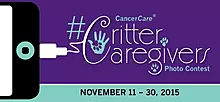
Has your pet helped you or a loved one cope with a cancer diagnosis? We want to honor your furry (or scaly!) friend with our #CritterCaregivers photo contest.
To celebrate National Family Caregivers Month, we invite you to share photos of you and your pet using the hashtag #CritterCaregivers, along with stories about how your critter caregiver has helped you or your loved ones cope with cancer.

